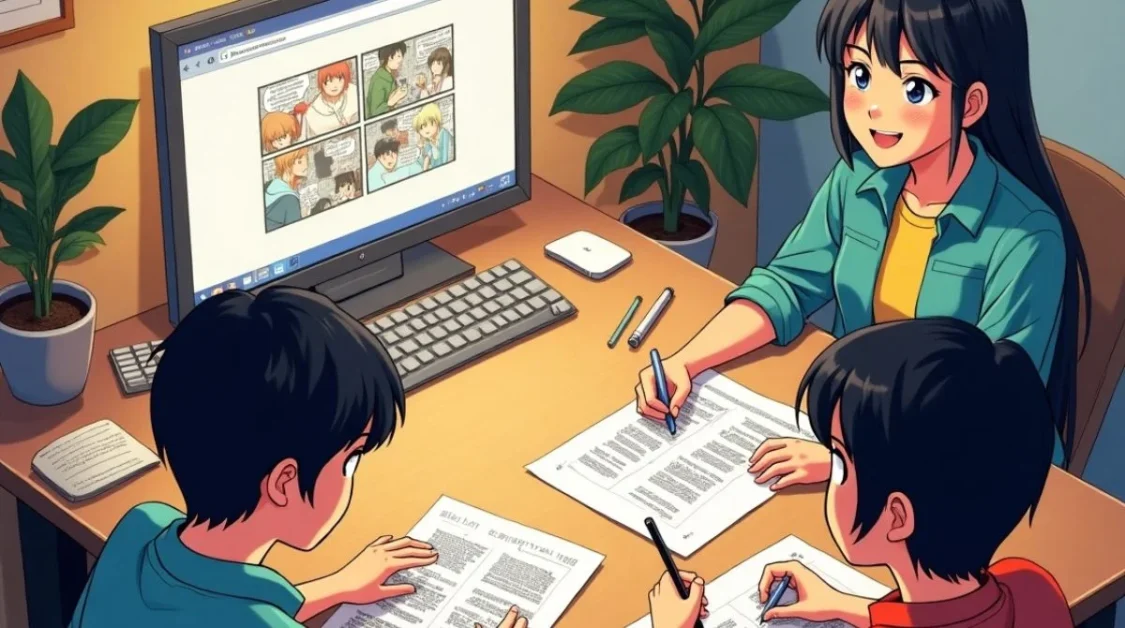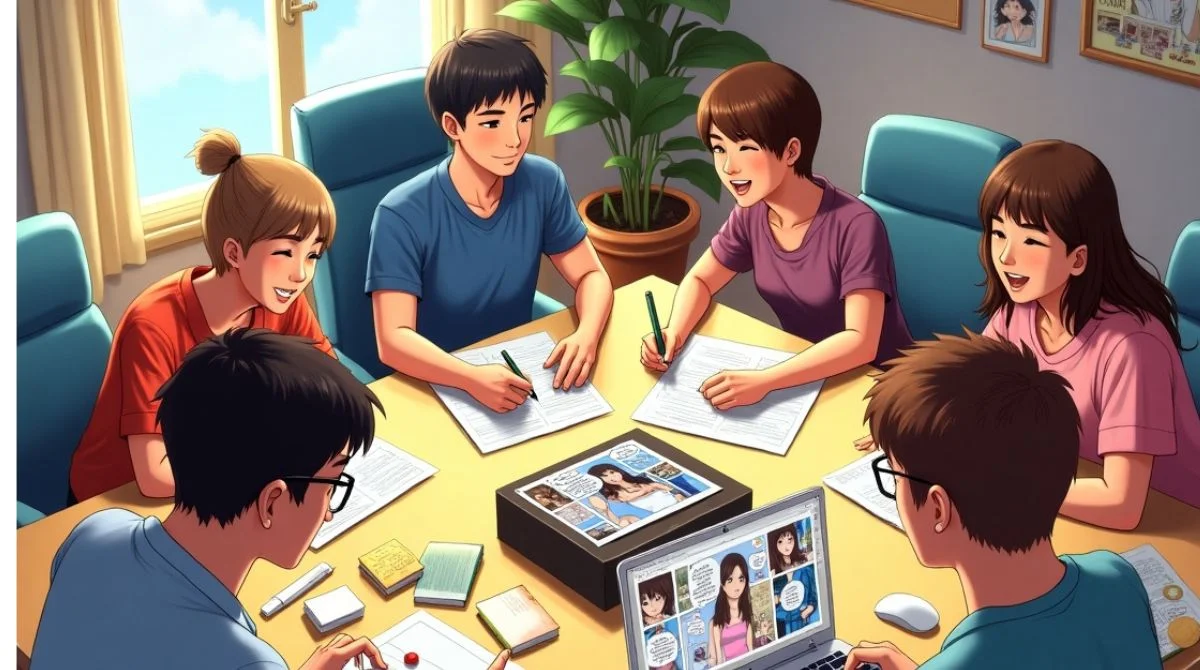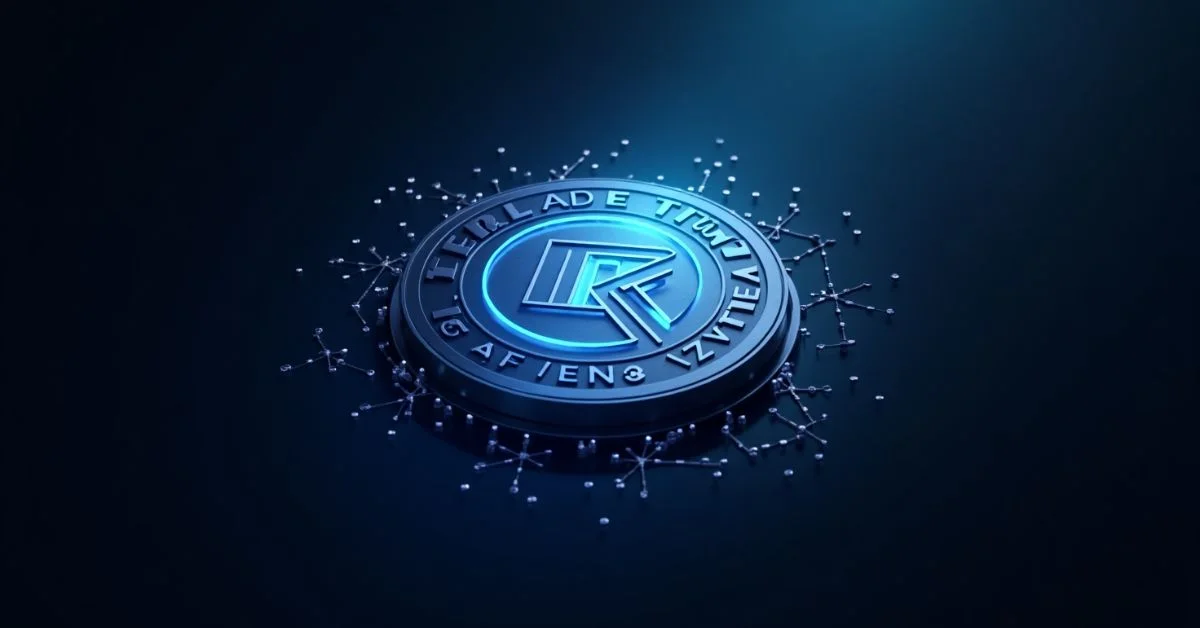What is Olympus Scanlation?
Olympus Scanlation is an independent scanlation group known for translating and editing manga from Japanese (or sometimes Korean or Chinese) into English. The name reflects the group’s ambition bringing high-quality manga translation to “god-tier” levels.
While not a commercial publisher, Olympus operates out of love for manga, often filling the gap between Japanese releases and official English licensing. Their work includes:
- Translating dialogue and sound effects
- Redrawing and cleaning scanned pages
- Typesetting with English text
- Releasing digital versions online for global fans
Why Olympus Stands Out?
What sets Olympus Scanlation apart from other groups? It’s their unwavering commitment to quality and community. Here’s a quick look at what makes them special:
- High-Quality Translations: Olympus prioritizes accuracy, preserving the tone, humor, and cultural nuances of the original manga.
- Diverse Portfolio: They translate both mainstream hits and hidden gems, catering to a variety of tastes.
- Community Engagement: Olympus fosters a vibrant community through forums, social media, and fan feedback, creating a sense of belonging.
- Ethical Approach: They respect creators by ceasing translations once a series is officially licensed.
How Scanlation Works: A Behind-the-Scenes Look?
To appreciate Olympus Scanlation’s efforts, it helps to understand how scanlation works. It’s a multi-step process often involving several team members:
Step 1: Scanning
Physical manga volumes are scanned using high-resolution equipment. Some groups source digital copies directly.
Step 2: Cleaning
Scanned images are cleaned removing text, adjusting contrast, and repairing image artifacts. This ensures clarity and visual polish.
Step 3: Translation
Translators, often fans fluent in Japanese or Korean, carefully translate each bubble, note, and sound effect into English.
Step 4: Typesetting
Text is placed into the cleaned pages using graphic design tools like Photoshop. Good typesetting maintains original tone and flow.
Step 5: Quality Checking
Final reviews ensure grammatical accuracy, consistency, and visual quality before public release.
The Impact of Olympus Scanlation on Manga Culture
Bridging Language Barriers
Manga is a global phenomenon, but language barriers can limit access to many titles. Olympus Scanlation plays a vital role in breaking down these barriers, allowing fans from diverse backgrounds to enjoy stories that might otherwise remain out of reach. By translating manga into English, Spanish, and other languages, they make Japanese storytelling accessible to millions.
For example, a fan in Brazil might discover a lesser-known josei manga through Olympus, connecting with its themes of love and self-discovery. This cross-cultural exchange enriches the manga community, fostering appreciation for Japanese art and storytelling.
Promoting Niche Titles
While mainstream series like Attack on Titan or My Hero Academia get official translations quickly, niche titles often languish in obscurity. Olympus Scanlation shines a spotlight on these hidden gems, introducing fans to unique narratives and artistic styles. Their translations of experimental one-shots or lesser-known seinen series have sparked interest in genres that might otherwise go unnoticed.
Building a Global Community
Olympus Scanlation isn’t just about translations; it’s about creating connections. Their active presence on platforms like Discord, Reddit, and Twitter allows fans to discuss their favorite series, share recommendations, and even contribute to projects. This sense of community is invaluable, especially for fans who feel isolated in their love for manga.
For instance, their monthly Reddit AMA sessions let readers ask translators about their process, fostering transparency and trust. This engagement strengthens the global manga fandom, uniting readers through shared passions.
Olympus Scanlation’s Popular Works and Genres
Olympus Scanlation is known for working on shoujo, yaoi, BL (Boys’ Love), and fantasy genres. They often focus on titles that have niche but passionate audiences, many of which aren’t officially translated.
Popular Manga Titles They’ve Worked On:
- “Ten Count” (BL/Drama)
- “Kimi wa Natsu no Naka” (Romance)
- “Caste Heaven” (Psychological/Drama)
- “Ameiro Paradox” (Slice of Life)
The Community Behind Olympus Scanlation
What sets Olympus Scanlation apart isn’t just the content it’s the community. Fans engage regularly through:
- Discord servers for real-time updates and discussion
- Tumblr/Reddit threads sharing new releases and fan art
- Comment sections where readers share emotional reactions, thanks, and feedback
Legal and Ethical Considerations in Scanlation
Scanlation exists in a legal gray area. While it’s technically unauthorized reproduction of copyrighted material, publishers have taken varied approaches.
Publishers’ Views:
- Some tolerate scanlations as long as they don’t profit or compete with licensed releases.
- Others issue DMCA takedowns or pursue legal action to protect IP rights.
Olympus Scanlation’s Ethics:
- Many scanlation groups, including Olympus, stop translating a series once it’s officially licensed.
- They often include disclaimers encouraging fans to support the official release when available.
The Scanlation Process: How Olympus Brings Manga to Life?
Creating a high-quality scanlation is no small feat. It requires a team of skilled volunteers working together to ensure every page is perfect. Olympus Scanlation follows a meticulous process to deliver translations that honor the original work. Here’s a step-by-step look at how they do it:
Step 1: Sourcing Raw Manga
The journey begins with acquiring raw manga scans, typically from Japanese magazines or digital platforms. Volunteers either purchase physical copies or source high-resolution digital versions to ensure clarity. This step is crucial, as the quality of the scans directly impacts the final product.
Step 2: Translation
Translation is the heart of scanlation. Olympus’s translators, often fluent in Japanese and the target language, work to capture the essence of the original text. They pay close attention to cultural references, idioms, and humor, ensuring the dialogue feels natural and true to the story.
For example, translating a pun-heavy manga like One Punch Man requires creativity to maintain the comedic effect in English. Olympus’s translators excel at this, making their versions a joy to read.
Step 3: Cleaning and Redrawing
Once the text is translated, editors “clean” the raw scans by removing Japanese text and any imperfections, such as page creases. Redrawers then restore artwork obscured by text, ensuring the visuals remain pristine. This step demands both technical skill and an eye for detail.
Step 4: Typesetting
Typesetting involves placing the translated text into the manga panels. Olympus’s typesetters choose fonts and layouts that match the tone of the story, ensuring the text fits seamlessly within speech bubbles and captions. This step enhances the reading experience, making the manga feel polished and professional.
Step 5: Proofreading and Quality Control
Before release, proofreaders review the manga for errors in grammar, spelling, or context. Quality control ensures consistency across chapters, maintaining Olympus’s high standards. This final check guarantees that fans receive a flawless product.
Step 6: Distribution
Once complete, the scanlation is shared through platforms like MangaDex, Bato.to, or Olympus’s own website. Fans can access these translations for free, often within days of the original Japanese release. This quick turnaround keeps readers engaged and excited.

The Ethical Debate: Is Scanlation Piracy or Passion?
The Legal Gray Area
Scanlation operates in a legal gray zone, as it involves translating and distributing copyrighted material without official permission. Publishers and creators may view it as piracy, arguing that it undermines their revenue. This tension has sparked heated debates within the manga community.
Olympus Scanlation navigates this landscape carefully. They follow ethical guidelines, such as:
-
Ceasing Translations Post-Licensing: Once a manga is officially licensed, Olympus removes their versions to encourage fans to support the creators.
-
Non-Commercial Model: They offer translations for free, without ads or donations, to avoid profiting from the work.
-
Promoting Official Releases: Olympus encourages fans to buy official copies when available, fostering respect for the industry.
The Case for Scanlation
Despite the controversy, scanlation has undeniable benefits. It provides access to manga that might never be officially translated, especially niche titles with limited commercial appeal. It also generates buzz around series, sometimes prompting publishers to license them.
For example, the popularity of Solo Leveling through scanlations led to its official English release, proving that fan translations can boost a series’ global reach. Olympus’s work often serves as a catalyst, introducing fans to stories they later support through official channels.
Balancing Passion and Respect
Olympus Scanlation walks a fine line, balancing their passion for manga with respect for creators. Their ethical approach sets a positive example, showing that scanlation can coexist with the industry when done thoughtfully. Fans play a role too by supporting official releases, they ensure the manga ecosystem thrives.
Why Scanlations Matter in Manga Fandom?
Despite legal concerns, scanlations serve several important functions in global manga fandom:
1. Accessibility
Readers in countries without legal manga distribution can access stories otherwise unavailable to them.
2. Speed
Official translations can take months or years. Scanlations offer near-immediate access after original Japanese releases.
3. Niche Representation
Many niche genres like BL, josei, or historical manga aren’t prioritized for licensing. Scanlators give them life abroad.
4. Language and Cultural Learning
Fans often learn Japanese or cultural nuances through side-by-side translations or notes.
How to Support Scanlation Groups Ethically?
If you’re a fan of Olympus Scanlation’s work, here’s how you can show your support responsibly:
-
Buy official volumes of licensed manga when available
-
Share feedback and thanks on their platforms
-
Volunteer your skills (cleaning, translating, typesetting) if you have experience
-
Respect release policies (no reuploading or profit-based sharing)
The Future of Olympus Scanlation
What lies ahead for Olympus and groups like it?
1. Transition to Legal Projects
Some scanlators eventually move into official localization roles, turning their hobby into a career.
2. Greater Visibility
Social media, forums, and digital tools help Olympus reach more readers and stay updated.
3. Crowdsourced Translation Tools
Tech like AI-assisted translation may help streamline their workflow in the future.
Conclusion
Olympus Scanlation is more than a groupit’s a movement powered by fandom, creativity, and love for storytelling. In a world where content crosses borders instantly, Olympus stands at the crossroads of passion and access, offering readers around the globe a way to experience manga that might otherwise remain hidden.While the debate around scanlations continues, one thing remains clear: fan-driven projects like Olympus Scanlation have helped shape global manga culture. As long as there are fans hungry for new stories and willing volunteers to share them, groups like Olympus will continue to inspire, translate, and connect










